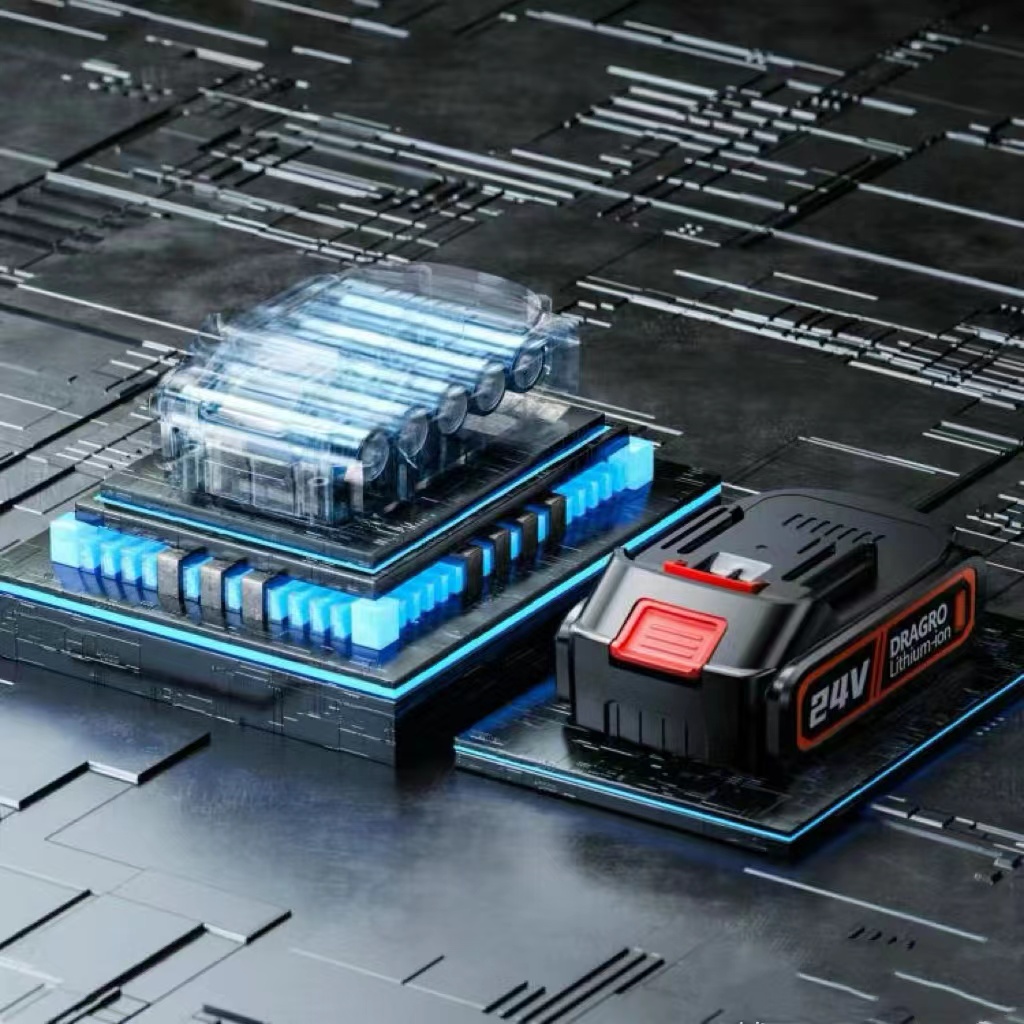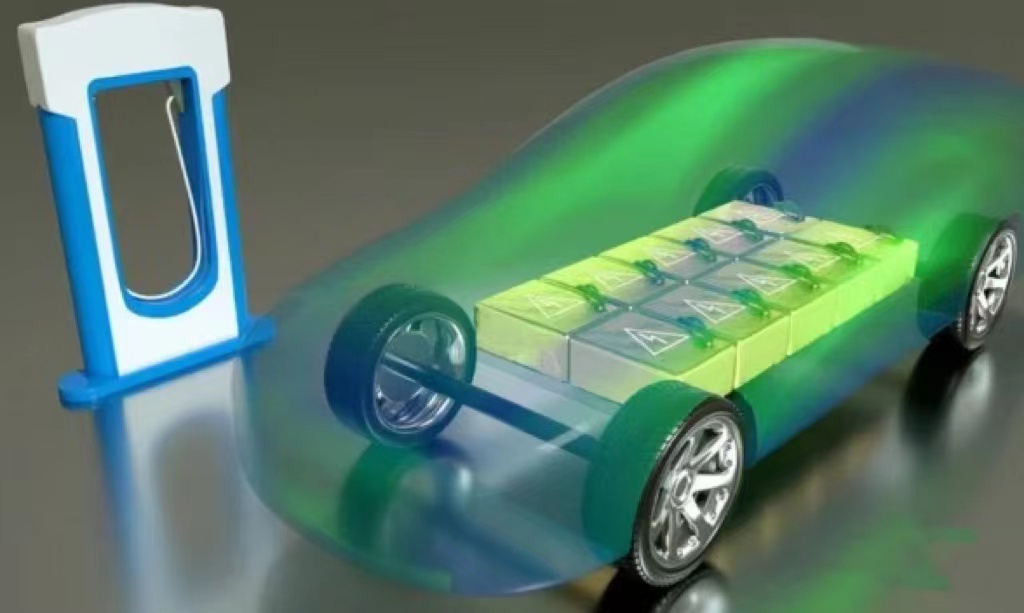Author:AliceDate:2024-7-31

Recently, the China Daily reported that China or invest about 6 billion yuan to encourage conditional enterprises to carry out research and development of all-solid-state battery-related technologies, Ningde times (300750.SZ), BYD (002594.SZ), FAW, SAIC, Weilan New Energy and Geely a total of six companies or get basic research and development support from the government.
If it lands, it will be the first time that Chinese government departments have conducted large-scale financial support for solid-state battery research and development.
Interface news learned from informed sources that there is indeed the above-mentioned R & D support project for all-solid-state batteries, and the leading departments include the Ministry of Industry and Information Technology and the Ministry of Finance, but the specific amount has not been finalized.
Another person familiar with the project said that the state's support for all-solid-state batteries is larger, coupled with corporate matching funds and external capital investment, is expected to promote the research and development of all-solid-state batteries faster.
All-solid-state batteries are considered to be one of the preferred solutions for next-generation battery technology. Compared with traditional liquid lithium batteries, all-solid-state batteries give up liquid electrolytes and use solid electrolyte materials. This difference makes it have the characteristics of high safety, high energy density, high power and temperature adaptability, but its large-scale mass production has not made substantial breakthroughs.
A number of domestic battery and vehicle companies, including Ningde Times and SAIC, have recently announced the development progress of all-solid-state batteries.
In April this year, Wu Kai, chief scientist of Ningde Times, said at the CIBF2024 Advanced battery Frontier Technology seminar that Ningde Times plans to produce all-solid-state batteries in small batches in 2027, but it did not disclose the timetable for the batch loading of all-solid-state batteries.
Wu Kai said that if technology and manufacturing maturity is used as an evaluation system (on a scale of 1-9), the all-solid-state battery research and development in the Ningde era is currently at the level of 4 points, and the company's goal is to reach the level of 7-8 points by 2027.
Saic announced last week that it plans to launch an all-solid-state battery model in 2027. The battery is supplied by Qingtao Energy, in which SAIC is an investor.
The two sides have established a joint venture company SAIC Qingtao last year, as the main project of all-solid-state battery industrialization. Saic Qingtao all-solid-state battery mass production line has been approved, plans to start in the third quarter of this year, by the end of 2025 to complete.
In 2026, SAIC Qingtao plans to deliver the mass-produced all-solid-state battery, and load the vehicle for testing, and realize the all-solid-state battery load delivery the following year, which is carried in the SAIC Zhiji brand.

Another car company, GAC Group, also said this year that the time for the mass production of all-solid-state batteries is 2026, and they will be carried on its Hao Platinum models.
As a breakthrough technology that may subvert the industry pattern, all-solid-state batteries are also the focus of research and development of Japanese and European and American companies, and many companies have announced mass production planning.
Taking Japanese car companies as an example, according to Toyota's plan released last year, as early as 2027, it will put electric vehicles carrying all-solid-state batteries on the market. Nissan plans to launch its first production model with an all-solid-state battery in 2028. Honda plans to launch an all-solid-state battery model in the second half of the 2020s.
Ouyang Minggao, academician of the Chinese Academy of Sciences and professor of Tsinghua University, called for the establishment of a Chinese technology roadmap in the development of all-solid-state batteries at the CIBF2024 seminar.
He mentioned that China's all-solid-state battery technology route should be positioned to maintain advantages and prevent technological subversion, while overcoming all-solid-state battery technology, taking into account the optimization of liquid lithium battery technology. Ouyang Minggao cited agency forecasts that by 2030, the global demand for lithium batteries will be 6,000 gigawatt-hours. Even if all-solid-state batteries account for 1% by then, the majority of the lithium battery market still belongs to liquid lithium batteries.
↓Next [ In July, our company participated in a special training meeting held by MIC ]









